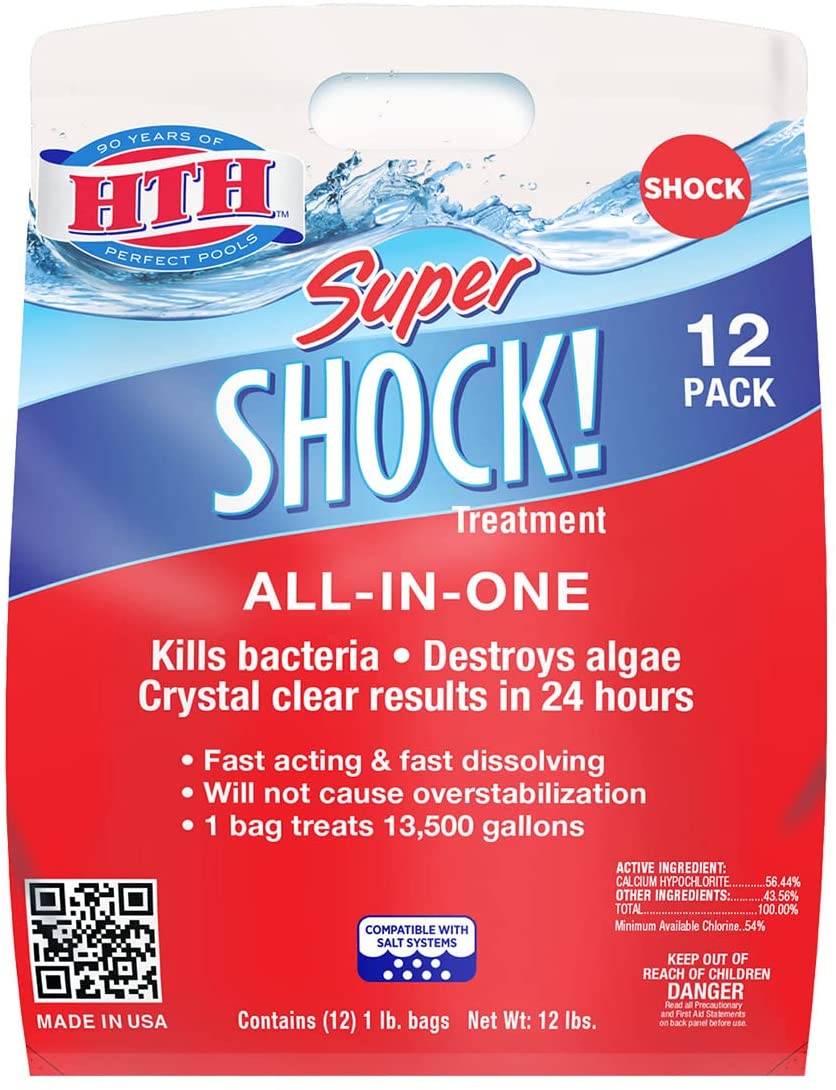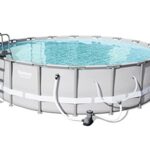
Can You Over Shock a Pool? Understanding Pool Shocking and What to Do
If you’re a pool owner, you’re likely familiar with the process of shocking your pool. Shocking is an essential part of pool maintenance, as it helps eliminate bacteria, algae, and other contaminants that can build up in the water. However, there’s a common question that arises among pool owners: can you over shock a pool? In this blog post, we’ll explore the concept of pool shocking, whether it’s possible to overdo it, and what to do if you find yourself in this situation.
Understanding Pool Shocking
Before diving into the question of whether you can over shock a pool, let’s first understand what pool shocking entails. Pool shocking involves adding a concentrated dose of chlorine or other chemical sanitizers to the pool water. This high dosage rapidly raises the chlorine level in the water, effectively killing off bacteria, algae, and other organic contaminants.
Can You Over Shock a Pool?
The short answer is yes, it is possible to over shock a pool. Over shocking occurs when you add too much chlorine or other shock treatment to the pool water, resulting in excessively high levels of sanitizer. While shocking is necessary to maintain clean and safe swimming conditions, excessive shock treatment can lead to several issues:
- Damage to Pool Equipment: High levels of chlorine can corrode pool equipment such as pumps, filters, and liners, leading to premature wear and tear.
- Skin and Eye Irritation: Excessive chlorine levels can cause skin and eye irritation for swimmers, leading to discomfort and potential health risks.
- Bleached Pool Surfaces: Over shocking can also cause pool surfaces, such as liners and tiles, to become bleached or discolored due to the high concentration of chlorine.
- Environmental Impact: Discharging excess chlorine into the environment can harm plants, wildlife, and aquatic ecosystems, leading to ecological imbalances.

What to Do if You Over Shock Your Pool
If you find yourself in a situation where you’ve over shocked your pool, don’t panic. Here are some steps you can take to rectify the situation:
- Test the Water: Use a pool testing kit to measure the chlorine levels in the water. This will give you an idea of how much excess chlorine is present.
- Dilute the Water: One way to reduce chlorine levels is to dilute the pool water by adding fresh water. You can do this by partially draining the pool and refilling it with clean water.
- Neutralize the Chlorine: There are products available specifically designed to neutralize chlorine in pool water. Follow the manufacturer’s instructions carefully when using these products to avoid further complications.
- Monitor the Water: Continue testing the pool water regularly to ensure that chlorine levels return to a safe range. You may need to repeat the dilution or neutralization process until the chlorine levels are within acceptable limits.
- Prevent Future Over Shocking: To avoid over shocking your pool in the future, carefully follow the manufacturer’s instructions when adding shock treatment. It’s also a good idea to regularly test the pool water and maintain proper chemical balance to prevent the need for excessive shock treatment.
In conclusion, while shocking is an essential part of pool maintenance, it’s important to exercise caution to avoid over shocking your pool. By understanding the potential risks and taking appropriate measures to correct any over shocking incidents, you can maintain a clean, safe, and enjoyable swimming environment for you and your family.
Related posts:
 Cyanuric Acid: A First-Time Above Ground Pool Owner’s Guide
Cyanuric Acid: A First-Time Above Ground Pool Owner’s Guide
 Chlorine vs. Sunlight: Understanding the Battle and Protecting Your Swimming Pool with Cyanuric Acid
Chlorine vs. Sunlight: Understanding the Battle and Protecting Your Swimming Pool with Cyanuric Acid
 Mastering Pool Alkalinity: How to Test, Raise, and Lower Levels for Optimal Swimming Conditions
Mastering Pool Alkalinity: How to Test, Raise, and Lower Levels for Optimal Swimming Conditions
 Pool Algaecides and Algae Control Methods: The Facts You Need to Know
Pool Algaecides and Algae Control Methods: The Facts You Need to Know
